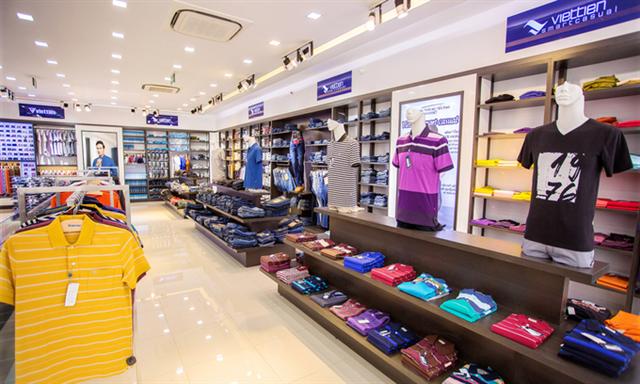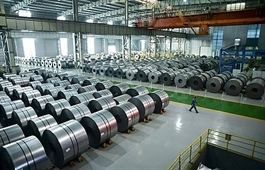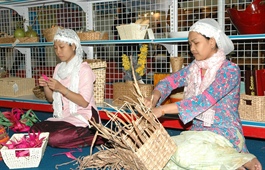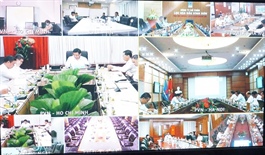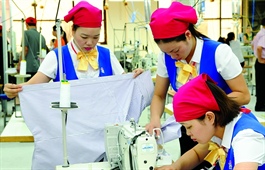Vietnamese fashion companies trail international rivals at home
Vietnamese fashion companies trail international rivals at home
Vietnamese fashion companies are losing out to foreign rivals at home and remain shut out of overseas markets due to their poor designs and lack of professionalism.
A Viettien fashion store in Hanoi. Photo courtesy of Viet Tien Garment Corporation.
|
The top three names in the fashion market last year were all foreign -- Germany’s Adidas, Spain’s Inditex and Sweden’s H&M -- market research firm Vietnam Industry Research and Consultancy (VIRAC) reported.
Around 200 mid- to high-end international fashion brands have set up shops in Vietnam, including Swedish H&M, Spanish Zara, and Japanese Uniqlo.
The first local name to appear in the list is in fourth place, Binh Tien Dong Nai Imex Corp, which owns footwear brands Biti’s.
State-owned textile company Vietnam National Textile and Garment Group (Vinatex), with clothing brands such as menswear Viettien and office wear Garment10 and Mattana, was in fifth place and formal clothes brand An Phuoc Garment Co., Ltd was in sixth.
But the three, mainly focused on the office wear segment, accounted for less than 1 percent of market share each.
VIRAC said: "Despite Vietnam being one of the top textile and garment exporters in the world, its fashion brands remain unknown in the world."
Vietnamese fashion products are mostly exported under foreign fashion labels, who outsource production to this country.
VIRAC said local fashion companies are unable to compete due to poor designs and small scale of production though their quality is comparable.
The lack of professionalism exacerbates the shortcomings, it said, with many lacking strategies for managing and promoting their brands in the long run.
Many new brands even knock off the designs of international brands and sell them at cheaper prices for instant profit without aiming for long-term development, it said.
They need to first become more well-known in the local market by using influencers as brand ambassadors and establishing online selling channels, for which the Covid-19 pandemic is an ally, it said.
"The fashion industry needs innovations and the help of the media to take Vietnamese fashion brands to the world."
VIRAC expected sustainable fashion, designed in an environmentally and socio-economically sustainable manner, to become the main trend amid rising incomes and environmental awareness among youngsters.
Vietnam’s fashion industry revenue fell 10 percent last year to VND100 trillion ($4.3 billion) due to the impact of Covid-19.


